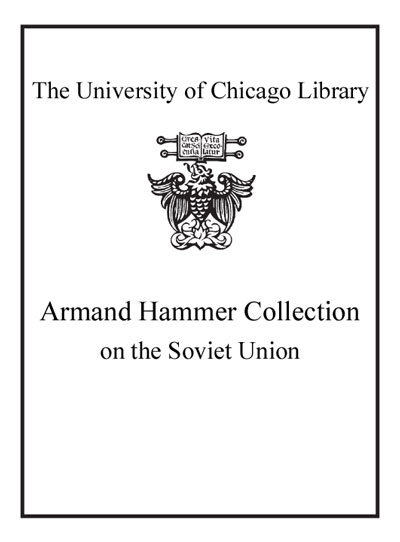Review by Booklist Review
The refugee literature of World War II benefits with Topolski's contribution, a striking recollection of three years in the gulag. His narrative's outstanding quality is the spare, sharply drawn descriptions of the characters surrounding him, whether benevolent, malevolent, or indifferent. A 16-year-old plane spotter when Poland was partitioned in 1939, Topolski was swept into the stream of thousands of Polish ex-military people deported to the USSR. Teenagers like Topolski deemed too young to be murdered, as about 15,000 Polish officers were on Stalin's direct order, were force-worked on starvation rations--and indeed unrelenting hunger and the perpetual obsession with food unifies the narrative. In league with a shifting constellation of fellow unfortunates, he schemed daily for anything edible, episodes that buttressed his optimism that he would make it through that day, and the next, until fortune changed. The wheel turned with the release of the Poles to form a new army, to reach the Central Asia training bases in which Topolski persevered through the adversity of no papers, no money, and no friends. An amazing odyssey vividly remembered. Gilbert Taylor
From Booklist, Copyright (c) American Library Association. Used with permission.
Review by Publisher's Weekly Review
At the beginning of World War II, Soviet troops arrested Topolski, a 16-year-old Pole, as he tried to sneak over the border into Romania to join the free Polish Army. The "adventures" described here are the ones the author endured over the next two years, as he was shuttled through the Soviet Union's labyrinthine prison system. As Topolski explains, the prisons were an experience in multiculturalism, as Jewish, Ukrainian, Central Asian, Polish and Russian prisoners mixed with others from the Caucasus Mountains. In the prison hierarchy, Poles and Jews were generally more educated, while Armenians, Georgians and Central Asians were often considered untrustworthy thieves and sexual offenders. The author himself used cunning, talentÄhe was able to elevate his status by passing as a draftsmanÄ and faith to keep himself alive. "Despite all that was going on around me, I held fast to my conviction that this was but a temporary reversal of fortune in my life." Topolski, who now lives in Canada, strikes the right balance between despair and humor as he describes the life of a teenager battling to survive. He pulls no punches in depicting the violence and hunger that were parts of daily life, but divulges little bitterness about his time in captivity. Indeed, he even offers some philosophical thoughts. While the book displays an understandable anti-Soviet animus, what emerges is the conviction that individualsÄwhether guards or prisonersÄcan control their actions, even in the worst of situations. (Jan.) (c) Copyright PWxyz, LLC. All rights reserved
(c) Copyright PWxyz, LLC. All rights reserved
Review by Booklist Review
Review by Publisher's Weekly Review

